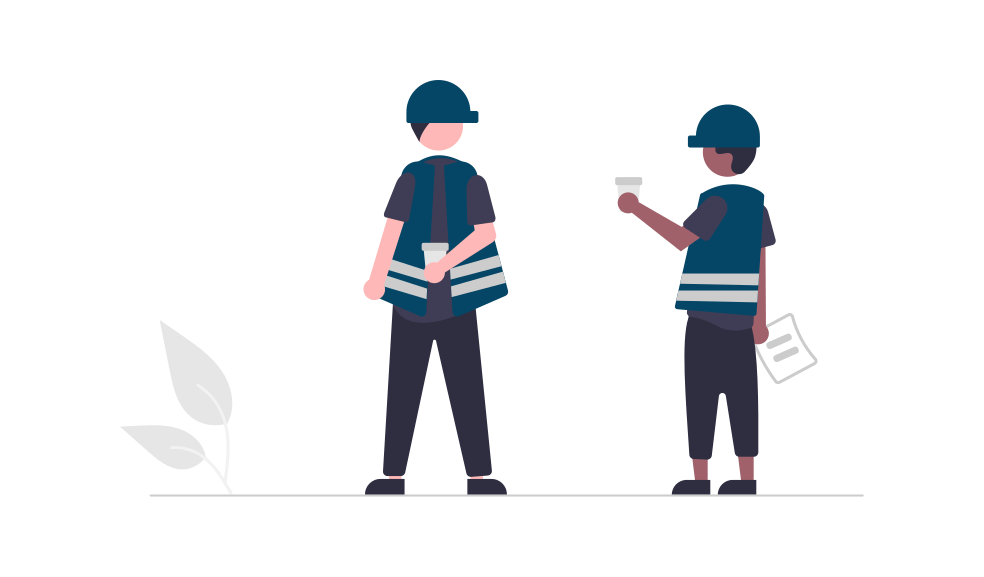Trauma Counselling
Your Nomadic Psychologist can help you manage your trauma through evidence-based video counselling.
Your Nomadic Psychologist can help you manage your trauma through evidence-based video counselling.
Unfortunately, sometimes we are subject to traumatic experiences (e.g. car crash, physical violence, abuse as a child, exposure to natural
disasters etc.). In order to protect us from these terrible events our brain goes into 'survival mode', where it makes us think, feel and
act certain ways to protect us from the trauma. Instances of this 'survival mode', include:
The above consequences of trauma are used as a survival mechanism by our brains because it increases our awareness of the trauma so that we can (hopefully) avoid that event from happening to us again in the future. However, the problem begins when we are no longer likely to be exposed to the same traumatic event and we want our lives to return to 'normal', but they can't return to 'normal' if we are experiences the above consequences.
Nomadic Psychology can help you return to 'normal' following a traumatic event by:
